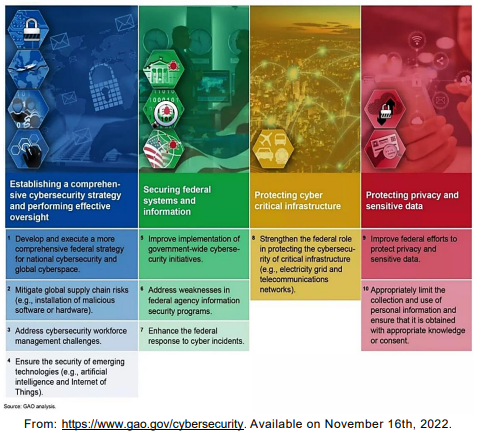Questões de Inglês - Advérbios e conjunções | Adverbs and conjunctions para Concurso
Foram encontradas 144 questões
Read the text to answer.
Woman Work
(Maya Angelou.)
I’ve got the children to tend
The clothes to mend
The floor to mop
The food to shop
Then the chicken to fry
The baby to dry
I got company to feed
The garden to weed
I've got shirts to press
The tots to dress
The cane to be cut
I gotta clean up this hut
Then see about the sick
And the cotton to pick.
Shine on me, sunshine
Rain on me, rain
Fall softly, dewdrops
And cool my brow again.
Storm, blow me from here with your fiercest wind
Let me float across the sky ‘til I can rest again, fall gently, snowflakes,
Cover me with white cold icy kisses and let me rest tonight.
Sun, rain, curving sky, mountain, oceans, leaf and stone
You're all that I can call my own.
(Available: http://www.aquaculturewithoutfrontiers.org.)
In “Fall softly, dewdrops” and “Let me float across the sky ‘til I can rest again, fall gently, snowflakes” the words GENTLY and SOFTLY convey the concept of:
Ten critical actions needed to address four major cybersecurity challenges:

Cybersecurity: An overview of cyber challenges facing the nation, and actions needed
Federal agencies and the nation’s critical infrastructure — such as energy, transportation systems, communications, and financial services — depend on Information Technology (IT) systems to carry out operations and process essential data. However, the risks to these IT systems are increasing—including insider threats from witting or unwitting employees, escalating and emerging threats from around the globe, and the emergence of new and more destructive attacks. Rapid developments in new technologies, such as artificial intelligence, the Internet of Things, and ubiquitous Internet and cellular connectivity, can also introduce security issues. Over 28,000 security incidents were reported by federal civilian agencies to the Department of Homeland Security in FY 2019.
Additionally, since many government IT systems contain vast amounts of personally identifiable information (PII), federal agencies must protect the confidentiality, integrity, and availability of this information—and effectively respond to data breaches and security incidents. Likewise, the trend in the private sector of collecting extensive and detailed information about individuals needs appropriate limits.
To highlight the importance of these issues, Government Accountability Office (GAO) has designated information security as a government-wide high-risk area since 1997. This high-risk area was expanded in 2003 to include the protection of critical cyber infrastructure and, in 2015, to include protecting the privacy of PII.
GAO has made about 3,300 recommendations to federal agencies to address cybersecurity shortcomings—and we reported that more than 750 of these had not been fully implemented as of December 2020. We designated 67 as priority, meaning that we believe they warrant priority attention from heads of key departments and agencies.
Adapted from: https://www.gao.gov/cybersecurity. Available on November 16th, 2022
I. While both allow you to access your money, you may consider it easier to do so with checking accounts (1st paragraph). II. In contrast, savings accounts have a limit on the number of withdrawals you can make each month (1st paragraph). III. Most banks won’t allow people under the age of 18 to open a checking account without a parent or legal guardian as a co-owner of the account (2nd paragraph). IV. When it comes to setting aside money for a long-term need or goal, you should consider a savings account (3rd paragraph). V. There are also dedicated savings accounts for kids, though a parent or guardian is usually required as a joint owner (4th paragraph).
Now, choose the alternative that classifies these terms correctly and matches them with an appropriate synonym.